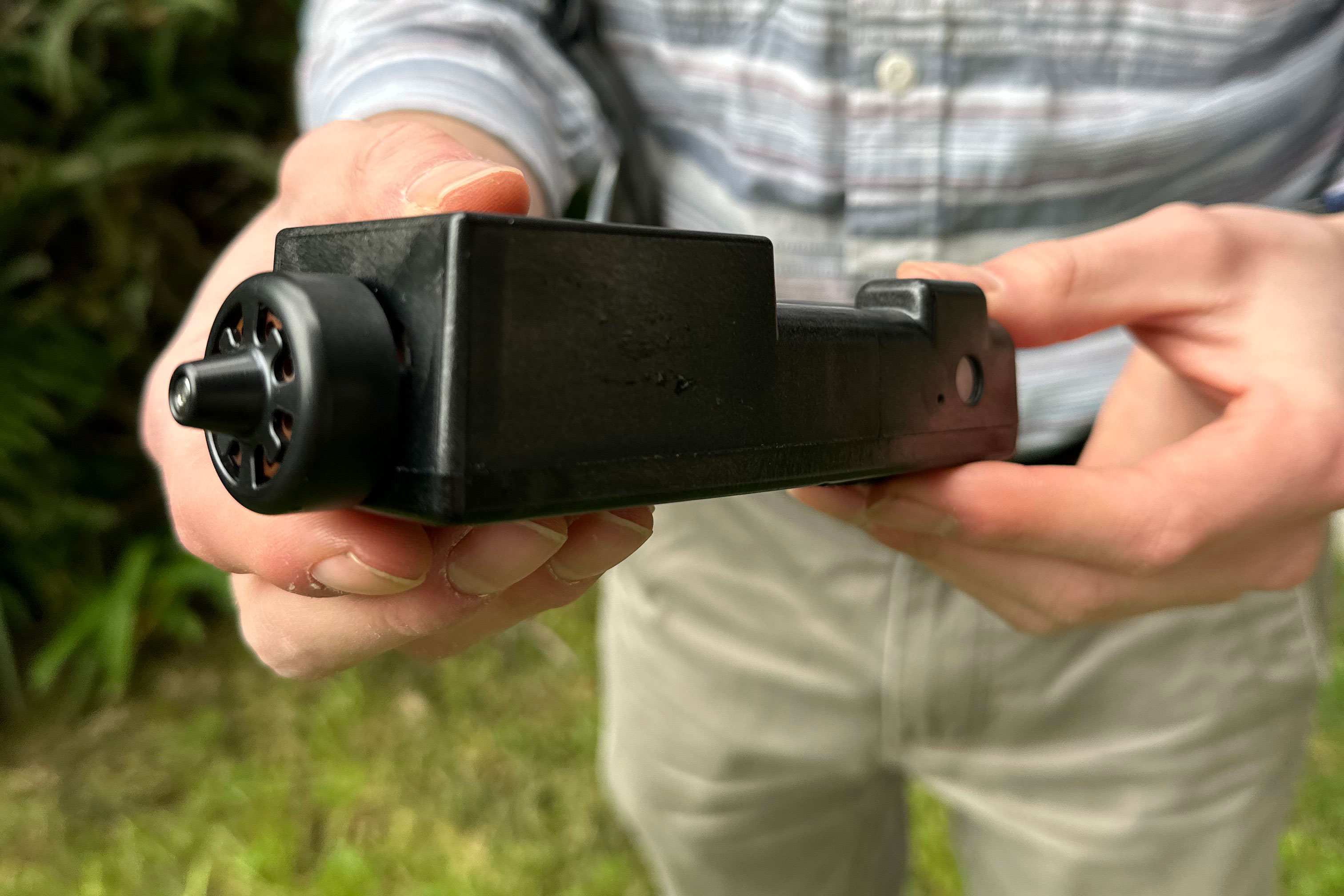The Dark Legacy of ‘Doodh Peeti’: Forced Wet Nursing of Dalit Women

In India’s caste system, Dalits are considered to be the lowest caste and are often discriminated against. One particularly gruesome practice that has been documented in India’s history is the forced use of Dalit women as wet nurses for upper-caste families.
This practice, known as “doodh peeti,” was prevalent in many parts of India until the 20th century. Upper-caste families would force Dalit mothers to breastfeed their children, often under the threat of violence or coercion. These women were expected to feed their own
children first and then travel to the upper-caste family’s home to feed their children.
This practice was not only inhumane, but it also had significant health risks for both the Dalit
mother and the upper-caste child. The mothers were often malnourished and overworked, leading to various health problems. The children, on the other hand, were at risk of contracting diseases and infections from the Dalit mothers, who were often not given proper
medical care.
The forced use of Dalit women as wet nurses highlights the deep-rooted caste discrimination in Indian society. It is a clear example of how the upper castes have historically exploited and oppressed the Dalits, using their bodies for their own benefit.
Fortunately, this practice has been largely eradicated in modern India, thanks to the efforts of activists and social organizations. However, caste discrimination persists in many forms, including access to education, employment, and housing.
India and the world need to recognize and acknowledge the injustices faced by Dalits and other marginalized communities. Only by understanding the historical and ongoing discrimination can we work towards a more just and equitable society. The forced use of Dalit women as wet nurses is a dark chapter in India’s history, but it serves as a reminder of the need for continued efforts to combat caste discrimination and promote equality for all.
Staff Reporter








